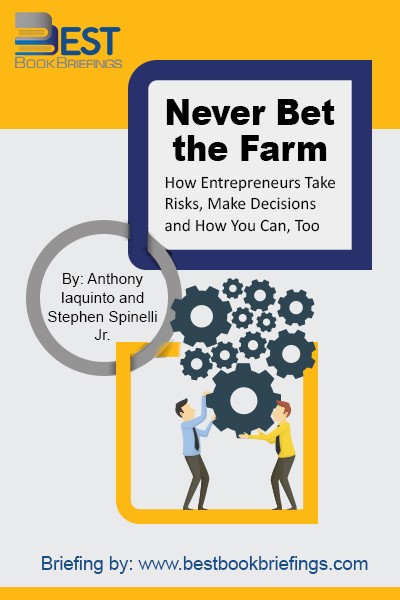Never Bet the Farm
How Entrepreneurs Take Risks, Make Decisions and How You Can, Too
Editorial Review
The attitude one has towards their business and towards their success or failure is a key component to lead a happy entrepreneurship and successful life. Entering an entrepreneurship can be and is a scary road trip for most, and never did it guarantee instant success. But those who come out strong are those who learnt how to fall standing up. Many if not most of the world’s millionaires are professional entrepreneurs who have faced up to failure several times in their lives. The question that should be asked is not whether will you fail as an entrepreneur, but rather when you do fail at a project¾why and how did you fail. And it is from here that you must learn how to start again. To get started, there are 15 basic principles to watch out for in a free enterprise. The 15 principles are divided into two parts: developing the correct frame of mind and making the right decisions.
Book Reviews
Books on Related Topics
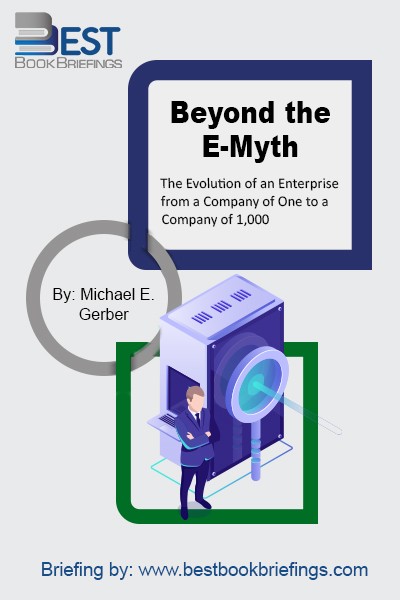
A company, no matter what it does, and how it does that, is nothing other than a product you are preparing to sell. After all is said and done, that is what an entrepreneur is: an inventor of a grand and growing company – a product – which ultimately will be
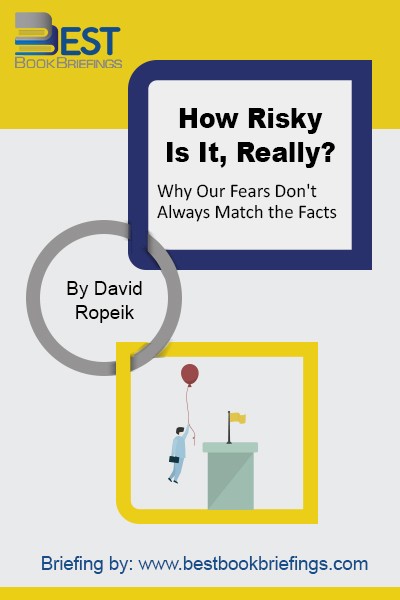
You’ve probably seen this phenomenon in your family or friends, or maybe even within yourself, where the fears don’t seem to match the facts. Sometimes we’re more afraid of what the scientific evidence suggests are relatively small risks, but quite often, we aren’t afraid enough of the risks that the evidence
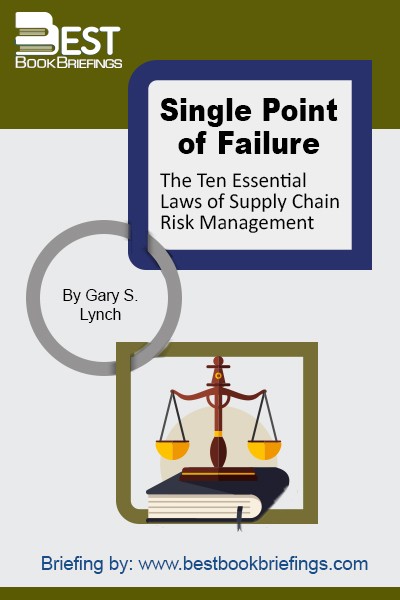
Single Point of Failure: The 10 Essential Laws of Supply Chain Risk Management uses analogies and dozens of case histories to describe the risk parasite that infects all supply chains while revealing methods to neutralize that parasite.

Whenever someone makes a decision and tries to be reasonable and restrained, the brain is awash in feelings, driven by its inexplicable passions. These emotions secretly influence our judgment. Naturally, these feelings sometimes can lead us astray and cause us to make all sorts of predictable mistakes. To make good decisions, God
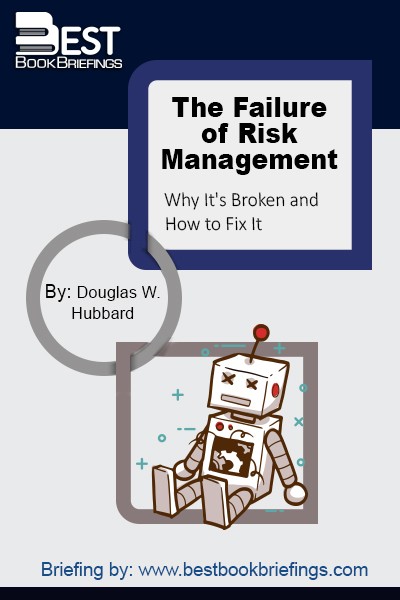
Risk Management methods are many and are fairly new. They are growing in popularity. Some are well-established and highly regarded. Some take a very soft qualitative approach and others are rigorously quantitative. When such methods are measured rigorously, they don't appear to work. The answer for the second question is also
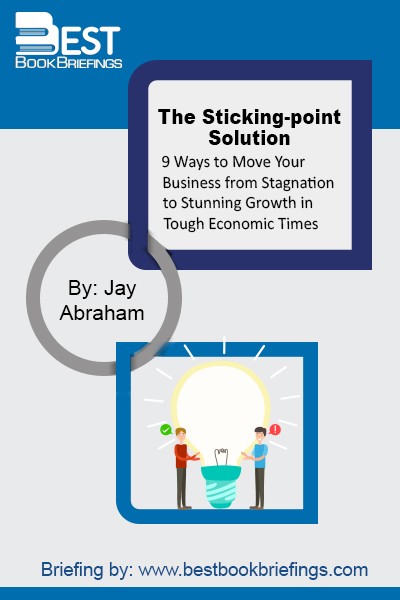
The purpose of The Sticking Point Solution is to help entrepreneurs and executives recognize the ways in which their businesses may be stuck, and to then give them tools for getting unstuck and enjoying exponential growth. To achieve this, Jay will help you to identify the nine “sticking points” that keep

